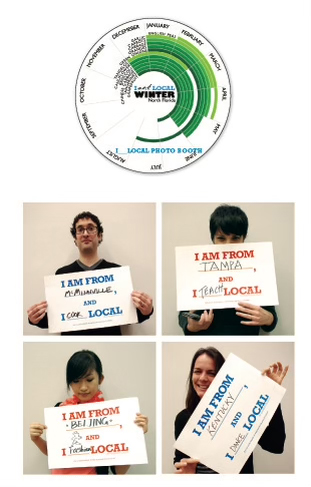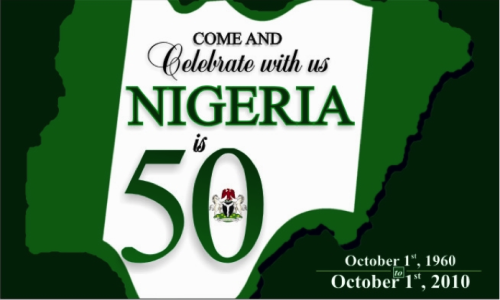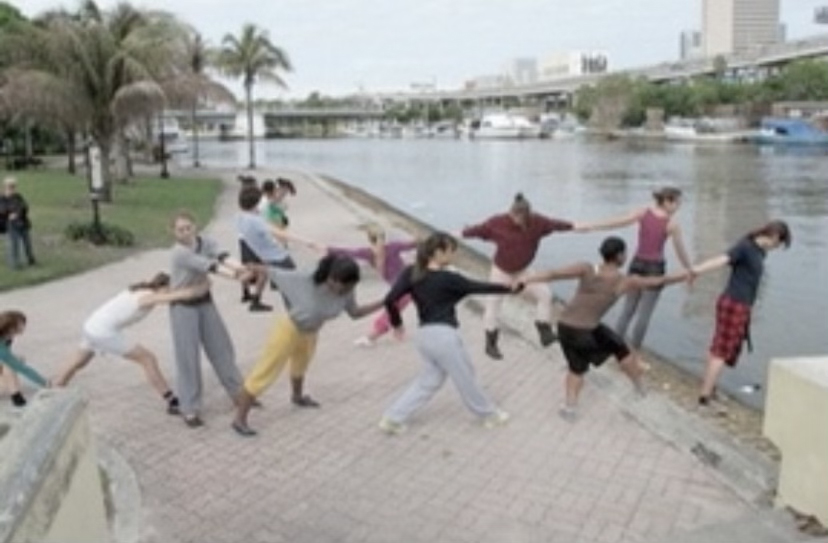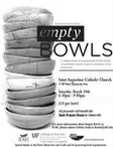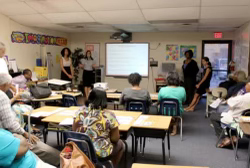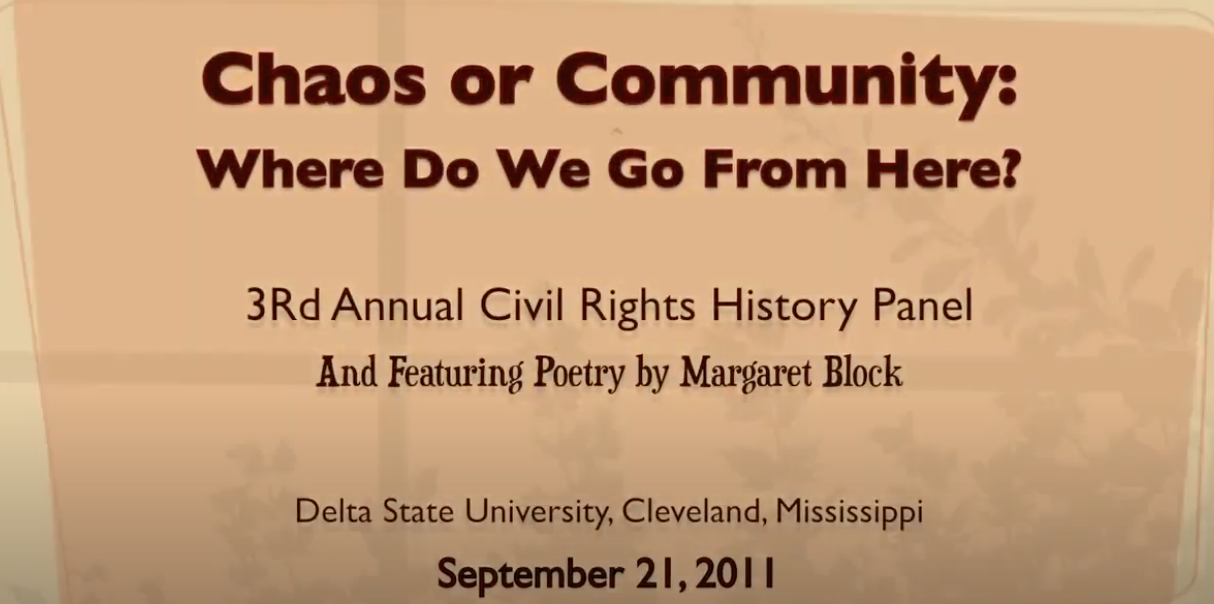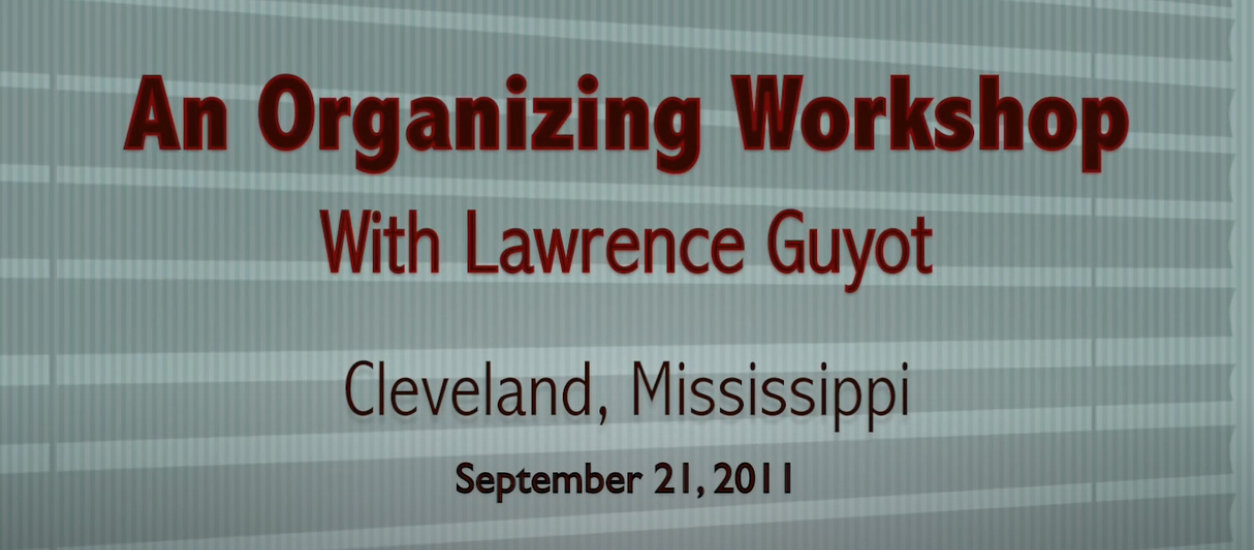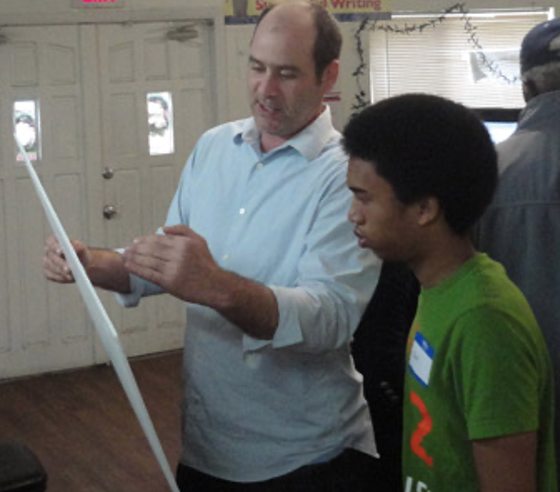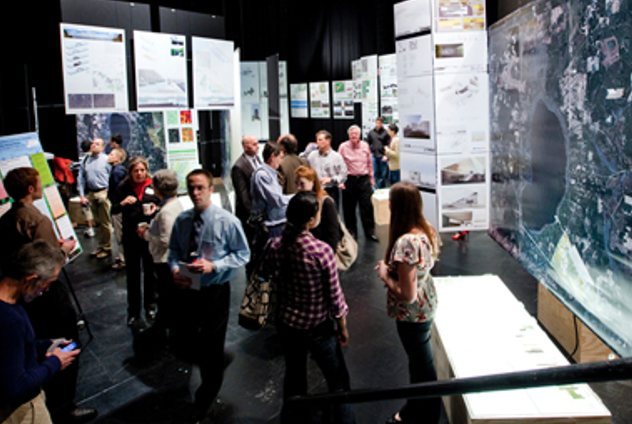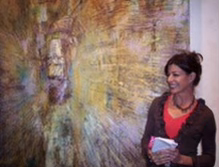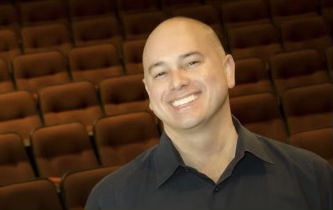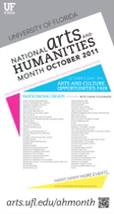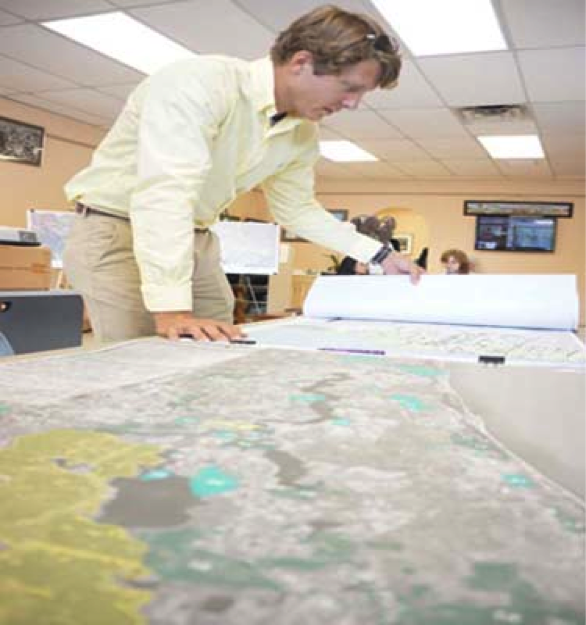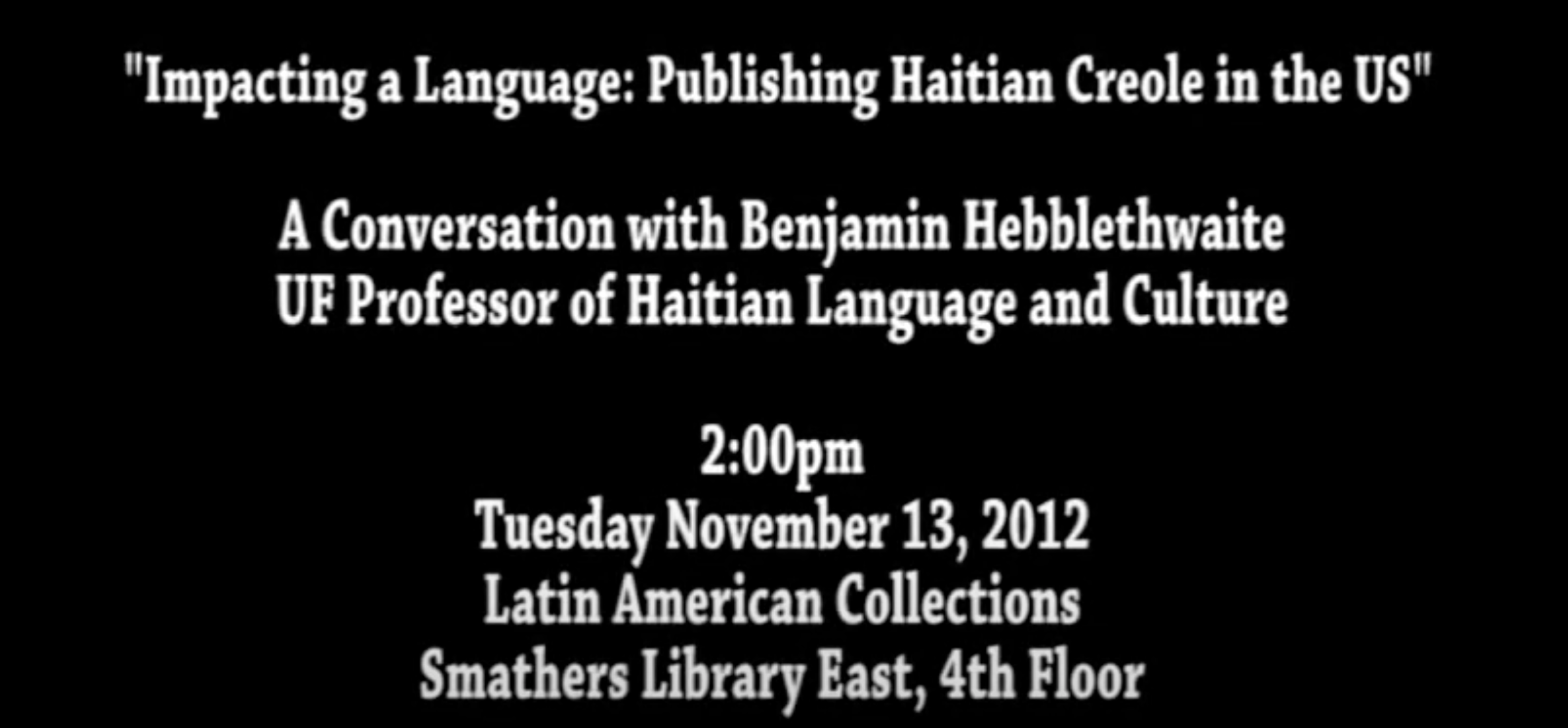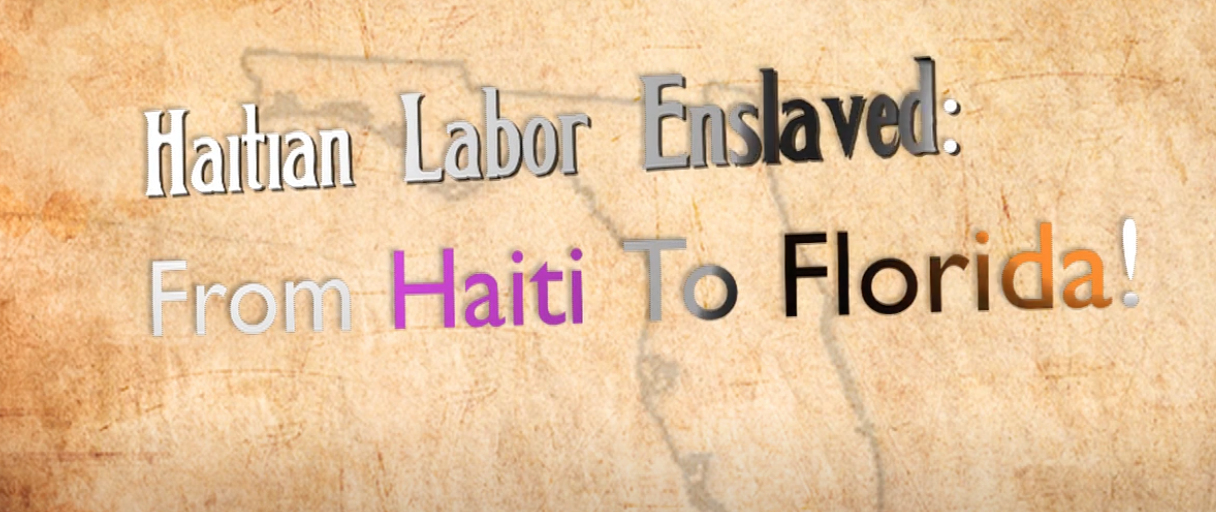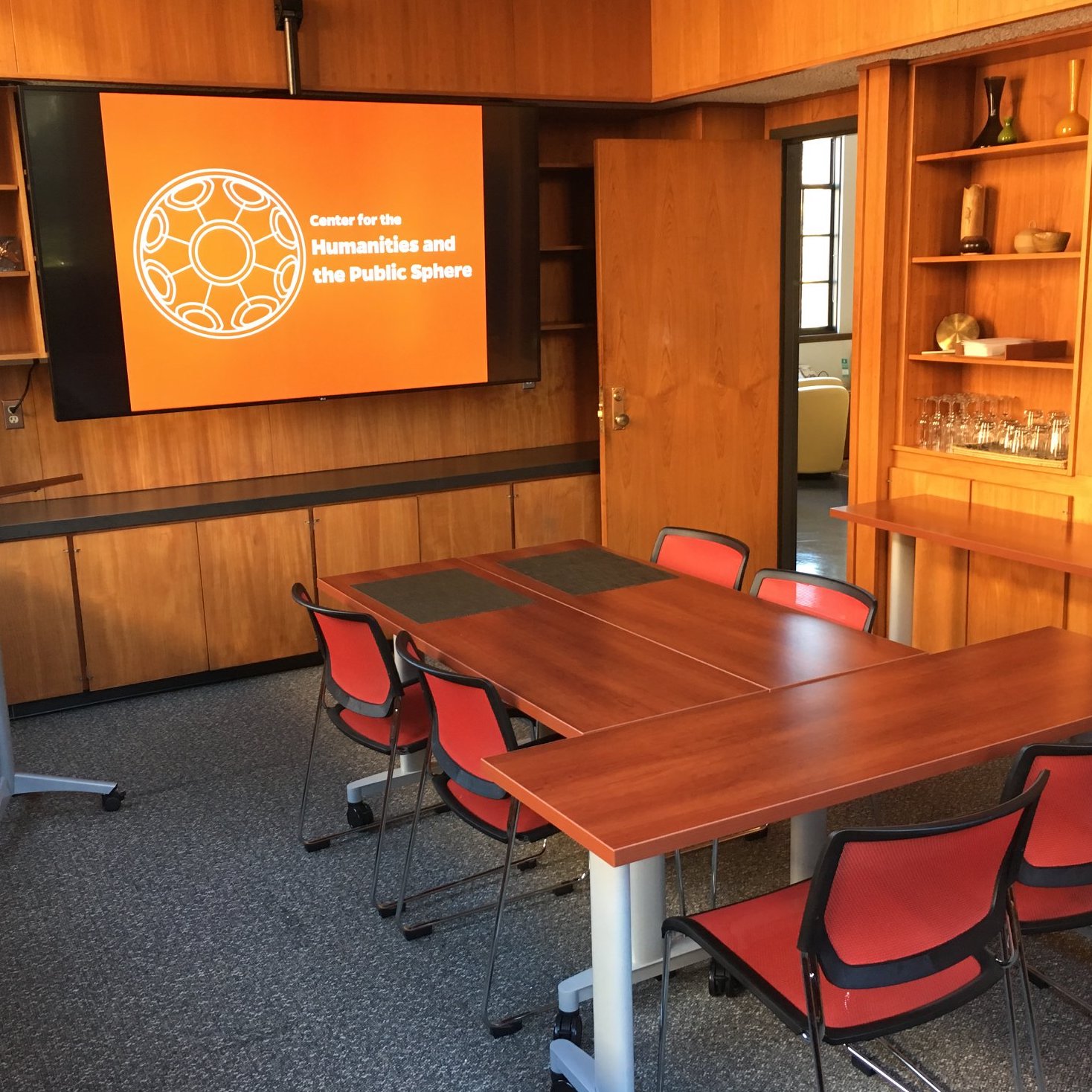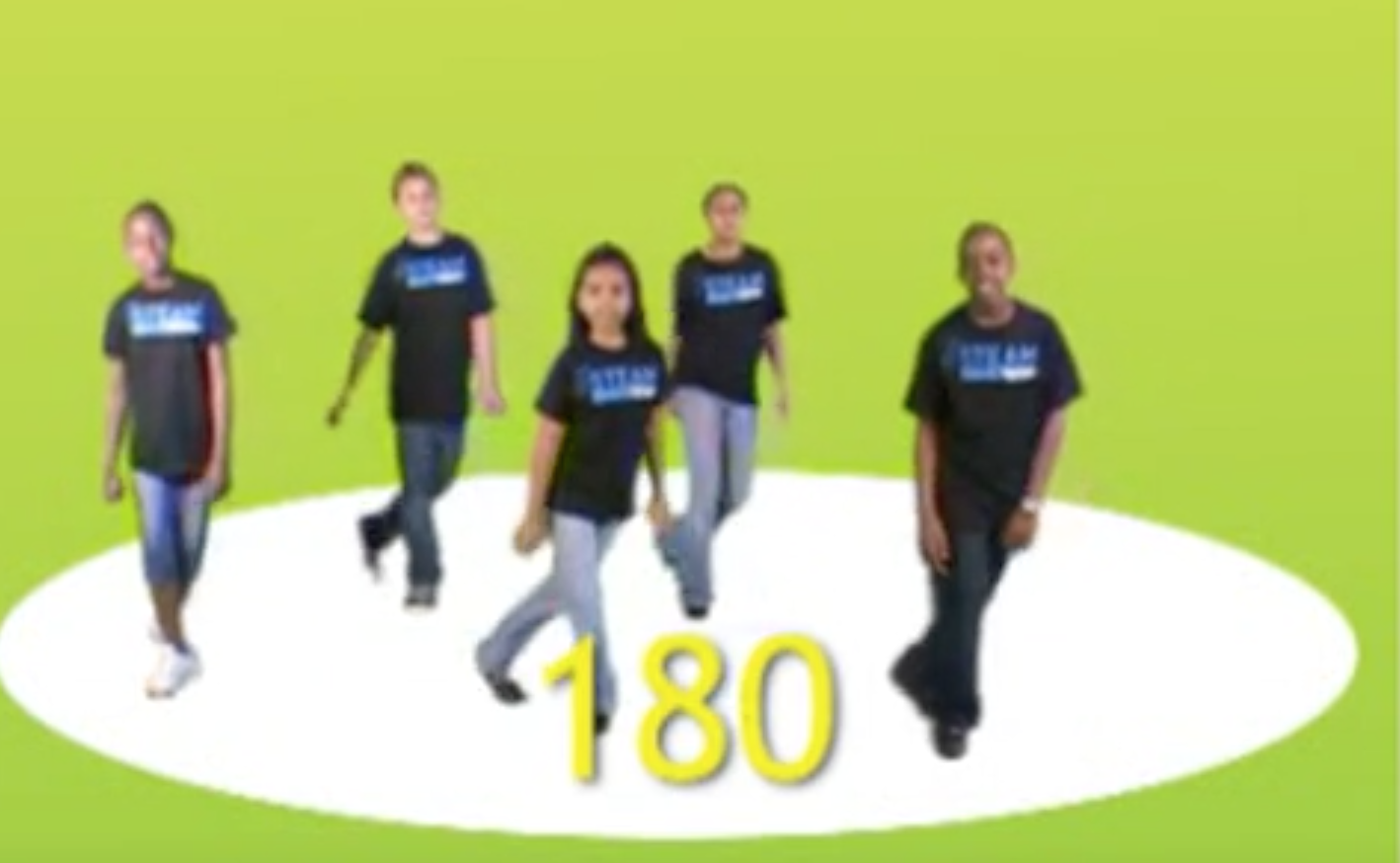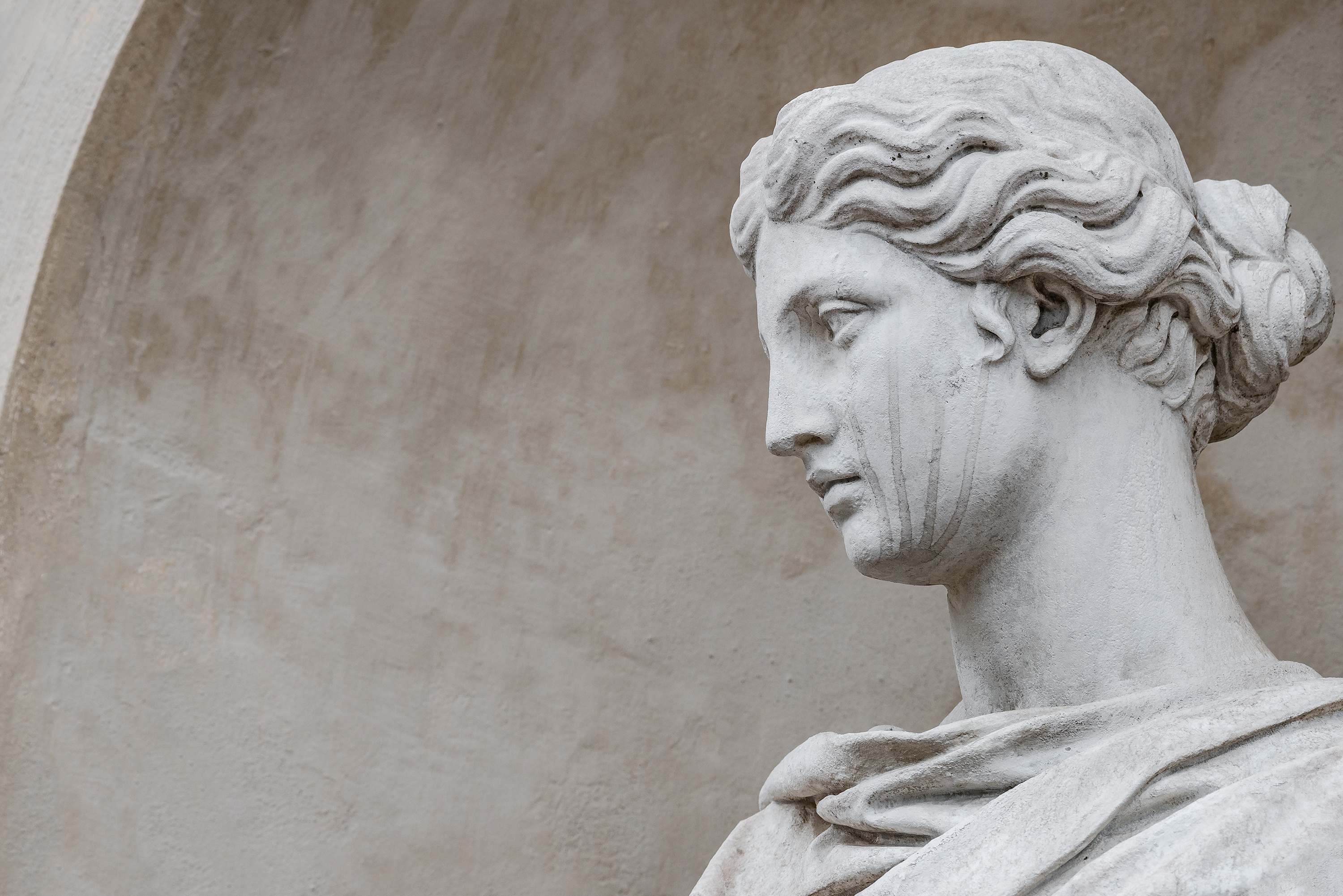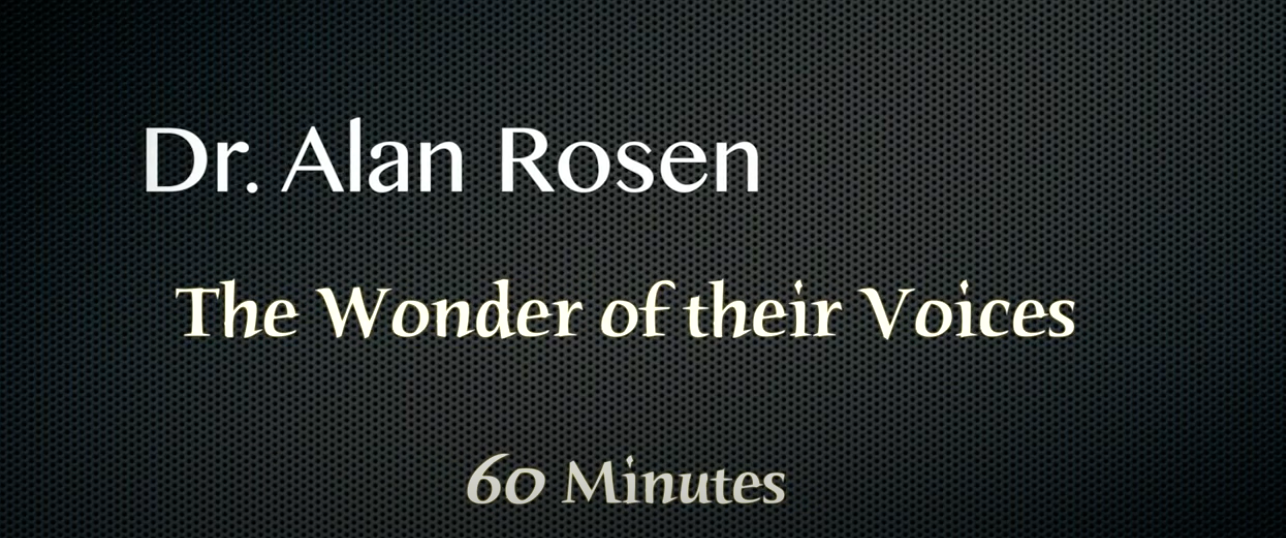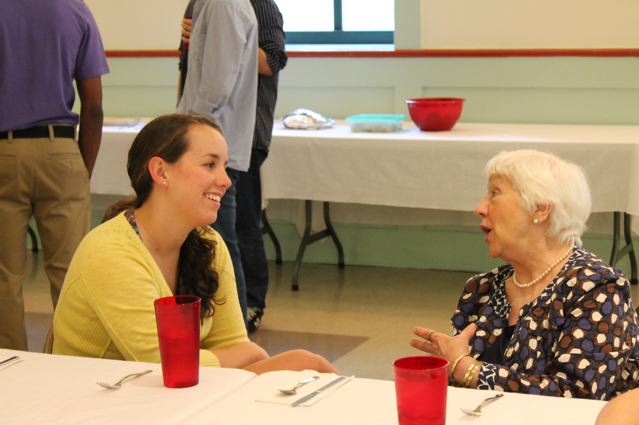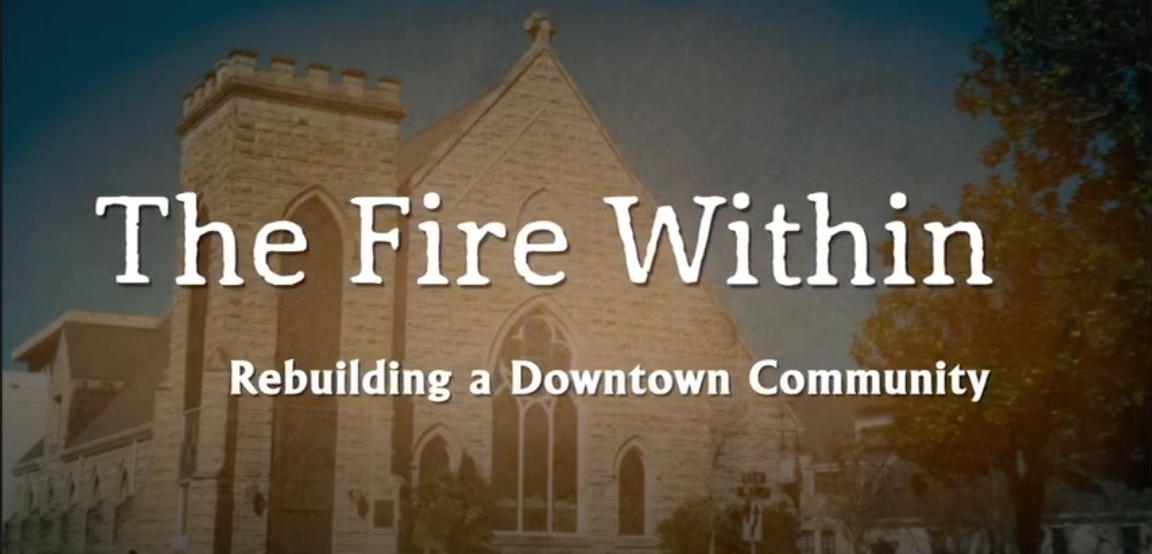2010
The heart of I____LOCAL rests on identifying qualities that encourage and strengthen a community — individuals working together exchanging stories, unique perspectives, and valuable experiences with one-another in a single locality. The diversity and variety of individual histories and knowledges has the power to connect citizens to each-other and empowers the individual as well as enrich the community.
Our mission is to foster a community that embraces shared exchanges and citizens’ diverse backgrounds. Through interactive photo booth and user-generated advice, I____LOCAL provides opportunity for people to contribute distinct experience and create a community from the ground-up. The collection becomes a range of local tips supplied by a diverse collection of local people.
I____LOCAL was created in the Fall 2010 by a diverse group of graduate students in the Graphic Design MFA program in the School of art + art history at UF.
2010
The heart of I____LOCAL rests on identifying qualities that encourage and strengthen a community — individuals working together exchanging stories, unique perspectives, and valuable experiences with one-another in a single locality. The diversity and variety of individual histories and knowledges has the power to connect citizens to each-other and empowers the individual as well as enrich the community.
Our mission is to foster a community that embraces shared exchanges and citizens’ diverse backgrounds. Through interactive photo booth and user-generated advice, I____LOCAL provides opportunity for people to contribute distinct experience and create a community from the ground-up. The collection becomes a range of local tips supplied by a diverse collection of local people.
I____LOCAL was created in the Fall 2010 by a diverse group of graduate students in the Graphic Design MFA program in the School of art + art history at UF.
2010
On the 50th anniversary of Nigeria’s independence, Kole Odotula (Department of Languages, Literatures, and Cultures, LLC) worked with UF students and the Nigerian community of Northern Florida to plan a week of vibrant scholarly and cultural events on and off campus.
This one-day symposium will feature Adewale Ajadi (UK), Professor Robin Poynor (Art History, UF), Professor Wolfgang Bender (Director, Center for World Music, Universität Hildesheim), Professor Ken Harrow (English, Michigan State University), Tunde Akinloye (Founder, Nigeria Web Radio, Texas), Dr. Rachel Hastings (Linguistics, Evergreen State College), Ms. Bunmi Oyinsan (Canada), Professor Chuck Ambler (History, University of Texas), Professor Tunga Lergo (Santa Fe College), and Professor Su O'Brien (UF).
2010
On the 50th anniversary of Nigeria’s independence, Kole Odotula (Department of Languages, Literatures, and Cultures, LLC) worked with UF students and the Nigerian community of Northern Florida to plan a week of vibrant scholarly and cultural events on and off campus.
This one-day symposium will feature Adewale Ajadi (UK), Professor Robin Poynor (Art History, UF), Professor Wolfgang Bender (Director, Center for World Music, Universität Hildesheim), Professor Ken Harrow (English, Michigan State University), Tunde Akinloye (Founder, Nigeria Web Radio, Texas), Dr. Rachel Hastings (Linguistics, Evergreen State College), Ms. Bunmi Oyinsan (Canada), Professor Chuck Ambler (History, University of Texas), Professor Tunga Lergo (Santa Fe College), and Professor Su O'Brien (UF).
2011
Led by UF dance faculty members Kristin O'Neal and Angela DiFiore, UF School of Theatre and Dance and Center for Arts in Healthcare will partake in the Florida Waterways Dance Project at Earl P. Powers Park on Newnan's Lake. The performance will include student dancers from the UF, Santa Fe College, Duval Elementary School, and the College of Central Florida.
This is a state-wide collaborative initiative which celebrates arts in education by uniting Florida's arts institutions in simultaneous site-specific performances inspired by Florida's unique waterways. Simultaneous performances will occur at eight different Florida waterways.
2011
Led by UF dance faculty members Kristin O'Neal and Angela DiFiore, UF School of Theatre and Dance and Center for Arts in Healthcare will partake in the Florida Waterways Dance Project at Earl P. Powers Park on Newnan's Lake. The performance will include student dancers from the UF, Santa Fe College, Duval Elementary School, and the College of Central Florida.
This is a state-wide collaborative initiative which celebrates arts in education by uniting Florida's arts institutions in simultaneous site-specific performances inspired by Florida's unique waterways. Simultaneous performances will occur at eight different Florida waterways.
2011
IFAH in their 4th annual Empty Bowls dinner for the fight against hunger. For a donation of $10, participants will be able to enjoy a simple meal of soup and bread out of a handmade bowl, which they will get to take home with them as a reminder of the hunger crisis that persists around the world. All proceeds will go towards the St. Francis House homeless shelter.
uf.ifah@gmail.com
2011
IFAH in their 4th annual Empty Bowls dinner for the fight against hunger. For a donation of $10, participants will be able to enjoy a simple meal of soup and bread out of a handmade bowl, which they will get to take home with them as a reminder of the hunger crisis that persists around the world. All proceeds will go towards the St. Francis House homeless shelter.
uf.ifah@gmail.com
2011
Dr. Willumson’s Exhibition Seminar students assisted the Lincoln High School alumni in memorializing Gainesville’s African-American high school. LHS was Gainesville’s segregated African-American school until a court order forced the integration of Gainesville schools. Shut down by the school board in the middle of the year, LHS’s students were bused to Gainesville HS. Three years later, the building that was LHS re-opened as Lincoln Middle School. To ensure the memory of their school is never forgotten, the group of museum studies students worked with LHS Alumni Committee to design the interior and exhibition space of the Memorial Room at Lincoln Middle.
2011
Dr. Willumson’s Exhibition Seminar students assisted the Lincoln High School alumni in memorializing Gainesville’s African-American high school. LHS was Gainesville’s segregated African-American school until a court order forced the integration of Gainesville schools. Shut down by the school board in the middle of the year, LHS’s students were bused to Gainesville HS. Three years later, the building that was LHS re-opened as Lincoln Middle School. To ensure the memory of their school is never forgotten, the group of museum studies students worked with LHS Alumni Committee to design the interior and exhibition space of the Memorial Room at Lincoln Middle.
2011
Center for Arts in Healthcare worked in Rwanda with an interdisciplinary team that traveled to western Rwanda in May/June, 2011. The team partnered with Rwanda Red Cross and Barefoot Artists to create a pottery workshop and exhibit hall, and develop a professional dance troupe for a community of Twa people. Health assessments and projects that use arts for health education and access to healthcare continued throughout, and Home-based Life Saving Skills trainings were extended to Goma in Democratic Republic of the Congo. The Center also hosted, with Society for the Arts in Healthcare, East-Central Africa Arts & Health Forum in Kigali. The forum attended by arts and health professionals and government officials from six East-central Africa countries resulted in establishment of an international network for Arts & Health in the region.
2011
Center for Arts in Healthcare worked in Rwanda with an interdisciplinary team that traveled to western Rwanda in May/June, 2011. The team partnered with Rwanda Red Cross and Barefoot Artists to create a pottery workshop and exhibit hall, and develop a professional dance troupe for a community of Twa people. Health assessments and projects that use arts for health education and access to healthcare continued throughout, and Home-based Life Saving Skills trainings were extended to Goma in Democratic Republic of the Congo. The Center also hosted, with Society for the Arts in Healthcare, East-Central Africa Arts & Health Forum in Kigali. The forum attended by arts and health professionals and government officials from six East-central Africa countries resulted in establishment of an international network for Arts & Health in the region.
2011
This is the 3rd Annual Civil Rights History Panel hosted by Delta State University in Cleveland, Mississippi. Panelists are Rose Turner, Union Organizer, Charles Westmoreland, History Professor at Delta State University, and Lawrence Guyot, Veteran Civil Rights Activist. Moderators Paul Ortiz, History Professor, University of Florida, and Arlene Sanders, Professor at Delta State University. Featuring Poetry by Margaret Block. Sponsors Agora Club, Delta Sigma Theta Sorority, Inc, Kappa Pi Chapter, Diversity Advisory Committee, and the Sam Block Civil Rights Foundation.
2011
This is the 3rd Annual Civil Rights History Panel hosted by Delta State University in Cleveland, Mississippi. Panelists are Rose Turner, Union Organizer, Charles Westmoreland, History Professor at Delta State University, and Lawrence Guyot, Veteran Civil Rights Activist. Moderators Paul Ortiz, History Professor, University of Florida, and Arlene Sanders, Professor at Delta State University. Featuring Poetry by Margaret Block. Sponsors Agora Club, Delta Sigma Theta Sorority, Inc, Kappa Pi Chapter, Diversity Advisory Committee, and the Sam Block Civil Rights Foundation.
2011
An Organizing Workshop, facilitated by Lawrence Guyot. September 21, 2011, in Cleveland, Mississippi. The Samuel Proctor Oral History Program of the University of Florida leads an annual research team to the Mississippi Delta to both study civil rights history as well as collect oral histories related to the movement. This workshop was one of the highlights of the 2011 trip, and was instructed by none other than Mr. Lawrence Guyot, activist, organizer, and SNCC veteran.
2011
An Organizing Workshop, facilitated by Lawrence Guyot. September 21, 2011, in Cleveland, Mississippi. The Samuel Proctor Oral History Program of the University of Florida leads an annual research team to the Mississippi Delta to both study civil rights history as well as collect oral histories related to the movement. This workshop was one of the highlights of the 2011 trip, and was instructed by none other than Mr. Lawrence Guyot, activist, organizer, and SNCC veteran.
2012
Landscape architecture students are bringing the community of White Springs together with their designs.
Students enrolled in the landscape architecture department’s Site Planning and Design studio recently unveiled their proposed revitalization of the town’s historic Carver neighborhood.
The semester-long design project titled a “New Florida Community” was presented to the mayor, council officers and community members of White Springs in December.
A “New Florida Community” challenges traditional planned community models common throughout the state of Florida, Thompson said.
“The concept seeks to create an inclusive new community that challenges the boundaries of age, economic status and race,” he said. “It’s one-part Chautauqua and one-part Elderhostel, tempered by the projects and practices we saw during the semester’s week-long field trip to Seattle and Vancouver, informed by the case study investigations the students did of the Green City of Hagaby, Sweden, and influenced by White Spring’s unique natural setting along the banks of the Suwannee River in north Florida.”
The final outcome of the project resulted in sixteen unique design concepts which include a connected transportation network, mixed-housing types, intergenerational community spaces and a generous system of connected greenways, parks and open spaces enveloping a charter school and community center at its core.
2012
Landscape architecture students are bringing the community of White Springs together with their designs.
Students enrolled in the landscape architecture department’s Site Planning and Design studio recently unveiled their proposed revitalization of the town’s historic Carver neighborhood.
The semester-long design project titled a “New Florida Community” was presented to the mayor, council officers and community members of White Springs in December.
A “New Florida Community” challenges traditional planned community models common throughout the state of Florida, Thompson said.
“The concept seeks to create an inclusive new community that challenges the boundaries of age, economic status and race,” he said. “It’s one-part Chautauqua and one-part Elderhostel, tempered by the projects and practices we saw during the semester’s week-long field trip to Seattle and Vancouver, informed by the case study investigations the students did of the Green City of Hagaby, Sweden, and influenced by White Spring’s unique natural setting along the banks of the Suwannee River in north Florida.”
The final outcome of the project resulted in sixteen unique design concepts which include a connected transportation network, mixed-housing types, intergenerational community spaces and a generous system of connected greenways, parks and open spaces enveloping a charter school and community center at its core.
2012
The students’ presentations were the culmination of an academic exercise coordinated by Martin Gold, director of the School of Architecture, Mary Padua, associate professor of landscape architecture, Pierce Jones, Extension Program leader at the Institute of Food and Agricultural Sciences, and Kathleen Ruppert, extension scientist at the Department of Agricultural and Biological Engineering.
Under the direction of these instructors, students spent a semester designing how Plum Creek might conserve and develop its lands near Gainesville, using strategies to integrate local food into a master planned community development.
2012
The students’ presentations were the culmination of an academic exercise coordinated by Martin Gold, director of the School of Architecture, Mary Padua, associate professor of landscape architecture, Pierce Jones, Extension Program leader at the Institute of Food and Agricultural Sciences, and Kathleen Ruppert, extension scientist at the Department of Agricultural and Biological Engineering.
Under the direction of these instructors, students spent a semester designing how Plum Creek might conserve and develop its lands near Gainesville, using strategies to integrate local food into a master planned community development.
2012
DCP graduate student James Cody Baldwin held a captive audience.
A group that included conservationists, educators, business owners and local citizens listened intently as the architecture major explained how the cinema complex he envisioned and designed would be powered by piezoelectric technology.
Baldwin, who is completing his final year of study at the college, explained that simply walking into a theatre to see a movie would create electricity for the venue.
Baldwin’s concept is one of many innovative design ideas he and his classmates developed using sustainable design and agricultural urbanism for a real-life place – Plum Creek’s 17,000 acres of land in east Alachua County, Fla.
The students’ presentations were the culmination of an academic exercise coordinated by Martin Gold, director of the School of Architecture, Mary Padua, associate professor of landscape architecture, Pierce Jones, Extension Program leader at the Institute of Food and Agricultural Sciences, and Kathleen Ruppert, extension scientist at the Department of Agricultural and Biological Engineering in partnership with Plum Creek, the largest and most geographically diverse private landowner in the nation with approximately 6.7 million acres of timberlands in the United States. Under the direction of these instructors, the students spent a semester designing a vision of how Plum Creek might conserve and develop its lands near Gainesville. “The students were asked to research and design strategies to integrate local food into a master planned community development, but they did a lot more than that – they came up with land conservation strategies, unique potential commerce and community features, water and solar alternatives,” said Todd Powell, senior director of real estate for Plum Creek’s Florida properties. “They pushed the boundaries and came up with some very innovative ideas that I think everyone in Alachua County will want to see.”
2012
DCP graduate student James Cody Baldwin held a captive audience.
A group that included conservationists, educators, business owners and local citizens listened intently as the architecture major explained how the cinema complex he envisioned and designed would be powered by piezoelectric technology.
Baldwin, who is completing his final year of study at the college, explained that simply walking into a theatre to see a movie would create electricity for the venue.
Baldwin’s concept is one of many innovative design ideas he and his classmates developed using sustainable design and agricultural urbanism for a real-life place – Plum Creek’s 17,000 acres of land in east Alachua County, Fla.
The students’ presentations were the culmination of an academic exercise coordinated by Martin Gold, director of the School of Architecture, Mary Padua, associate professor of landscape architecture, Pierce Jones, Extension Program leader at the Institute of Food and Agricultural Sciences, and Kathleen Ruppert, extension scientist at the Department of Agricultural and Biological Engineering in partnership with Plum Creek, the largest and most geographically diverse private landowner in the nation with approximately 6.7 million acres of timberlands in the United States. Under the direction of these instructors, the students spent a semester designing a vision of how Plum Creek might conserve and develop its lands near Gainesville. “The students were asked to research and design strategies to integrate local food into a master planned community development, but they did a lot more than that – they came up with land conservation strategies, unique potential commerce and community features, water and solar alternatives,” said Todd Powell, senior director of real estate for Plum Creek’s Florida properties. “They pushed the boundaries and came up with some very innovative ideas that I think everyone in Alachua County will want to see.”
2012
Local artists recognized with Lifetime Art Achievement awards.
Using their creativity to bring about civic awareness and change, two local artists are being jointly recognized for their efforts with Lifetime Art Achievement awards from the Gainesville-Alachua Cultural Affairs Board.
2012
Local artists recognized with Lifetime Art Achievement awards.
Using their creativity to bring about civic awareness and change, two local artists are being jointly recognized for their efforts with Lifetime Art Achievement awards from the Gainesville-Alachua Cultural Affairs Board.
2012
Charlie Mitchell is using improvisational theater to heal, one “Zip Zap Zop” at a time.
Mitchell, a theater professor, leads weekly improv sessions at the HONOR Center in Gainesville, a Veterans Affairs facility that serves as a transitional residence for once-homeless veterans.
He and retired classics professor Karelisa Hartigan created the program last year to help veterans to improve their social skills.
2012
Charlie Mitchell is using improvisational theater to heal, one “Zip Zap Zop” at a time.
Mitchell, a theater professor, leads weekly improv sessions at the HONOR Center in Gainesville, a Veterans Affairs facility that serves as a transitional residence for once-homeless veterans.
He and retired classics professor Karelisa Hartigan created the program last year to help veterans to improve their social skills.
2012
Wonderful things can happen when DCP alumni team up with students.
Last spring, 16 landscape architecture students got an opportunity to compete for the ultimate design of the Fisher House Gardens, a therapy garden for the Gainesville Fisher House Foundation.
Jackie Owens, MLAE 1995, landscape architect for the planned Fisher House therapy garden, got the ball rolling on the project after contacting the department with the idea to work with students.
The project, the design for which will be located at the future North Florida/South Georgia Fisher House on Malcom Randall VA Medical Center property, was a combined effort between the Planting Design Studio, taught by adjunct instructor Amy Morie, MLAE 2007, and Kay Williams, associate professor of landscape architecture, and the spring Landscape Construction class, taught by Bob Grist, associate professor of landscape architecture.
The student proposals aimed to balance both occupational therapy opportunities and provide an inviting outdoor atmosphere.
The proposals included sensory elements in the form of water, artwork, an herb and vegetable garden and a soundproof barrier from the adjacent urban area. One of the most important elements The Fisher House aims to provide is the feeling of a “home away from home” for veterans and their families while a loved one is receiving care at the Malcom Randall VA Medical Center.
2012
Wonderful things can happen when DCP alumni team up with students.
Last spring, 16 landscape architecture students got an opportunity to compete for the ultimate design of the Fisher House Gardens, a therapy garden for the Gainesville Fisher House Foundation.
Jackie Owens, MLAE 1995, landscape architect for the planned Fisher House therapy garden, got the ball rolling on the project after contacting the department with the idea to work with students.
The project, the design for which will be located at the future North Florida/South Georgia Fisher House on Malcom Randall VA Medical Center property, was a combined effort between the Planting Design Studio, taught by adjunct instructor Amy Morie, MLAE 2007, and Kay Williams, associate professor of landscape architecture, and the spring Landscape Construction class, taught by Bob Grist, associate professor of landscape architecture.
The student proposals aimed to balance both occupational therapy opportunities and provide an inviting outdoor atmosphere.
The proposals included sensory elements in the form of water, artwork, an herb and vegetable garden and a soundproof barrier from the adjacent urban area. One of the most important elements The Fisher House aims to provide is the feeling of a “home away from home” for veterans and their families while a loved one is receiving care at the Malcom Randall VA Medical Center.
2012
National Arts and Humanities Month is a coast-to-coast collective recognition of the importance of culture in America. It is designed to encourage all Americans to explore new facets of the arts and humanities in their lives, and to begin a lifelong habit of active participation in the arts and humanities. By joining in this national celebration and initiative, we echo the importance of arts and humanities in our community. We remain committed to providing cultural opportunities for students across all disciplines. We celebrate our belief that creativity and innovation are nurtured by the artistic environment through collaboration, participation and education.
2012
National Arts and Humanities Month is a coast-to-coast collective recognition of the importance of culture in America. It is designed to encourage all Americans to explore new facets of the arts and humanities in their lives, and to begin a lifelong habit of active participation in the arts and humanities. By joining in this national celebration and initiative, we echo the importance of arts and humanities in our community. We remain committed to providing cultural opportunities for students across all disciplines. We celebrate our belief that creativity and innovation are nurtured by the artistic environment through collaboration, participation and education.
2012
As a research-based studio project, the objective for the Palatka Community Greenprint is to establish a landscape strategy for revitalizing downtown that enhances Palatka’s identity along the St. John’s River. The students are exploring three areas of design inquiry and synthesis related to ‘livability’ in Palatka that’s at the intersection of community development, cultural heritage and ecological design where the proposed Community Greenprint can serve as a new form of cultural infrastructure for the city of Palatka. The students’ research and analysis from phase one research can be viewed on the city’s website www.palatka-fl.gov.
2012
As a research-based studio project, the objective for the Palatka Community Greenprint is to establish a landscape strategy for revitalizing downtown that enhances Palatka’s identity along the St. John’s River. The students are exploring three areas of design inquiry and synthesis related to ‘livability’ in Palatka that’s at the intersection of community development, cultural heritage and ecological design where the proposed Community Greenprint can serve as a new form of cultural infrastructure for the city of Palatka. The students’ research and analysis from phase one research can be viewed on the city’s website www.palatka-fl.gov.
2012
Ben Hebblethwaite has created one of the nation’s largest online resources for teaching the Creole language, and educates students on the social and political consequences of language policy in Haiti. This three-year project will create a freely accessible multimedia digital library that uses audiovisual technologies to curate, elucidate and facilitate the advanced search of the rich primary materials of a central Haitian and Haitian-American spiritual tradition in order to promote discovery and educate a broad public.
2012
Ben Hebblethwaite has created one of the nation’s largest online resources for teaching the Creole language, and educates students on the social and political consequences of language policy in Haiti. This three-year project will create a freely accessible multimedia digital library that uses audiovisual technologies to curate, elucidate and facilitate the advanced search of the rich primary materials of a central Haitian and Haitian-American spiritual tradition in order to promote discovery and educate a broad public.
2012
The Interfaith Alliance for Immigrant Justice organized a panel discussion concerning a problem of forced labor in Florida and Haitian immigrants. The panel consisted of Gerald Murray, Sherry Kitchens, and Kenneth Nunn, and was moderated by Anita Spring. The event was held at the Alachua Public Library in Gainesville, Florida, on March 30, 2011.
A public panel examining the continuing crisis of human trafficking in Florida.
2012
The Interfaith Alliance for Immigrant Justice organized a panel discussion concerning a problem of forced labor in Florida and Haitian immigrants. The panel consisted of Gerald Murray, Sherry Kitchens, and Kenneth Nunn, and was moderated by Anita Spring. The event was held at the Alachua Public Library in Gainesville, Florida, on March 30, 2011.
A public panel examining the continuing crisis of human trafficking in Florida.
2012
In 2012, the Center for the Humanities and the Public Sphere, with the support of the Tedder Family Endowed Research Award in the Humanities, began a program to award summer fellowships to doctoral candidates working on humanities topics who have passed their qualifying exams by the application deadline. This fellowship may be used to cover research expenses, including travel, related to their dissertation project. Work on projects with interdisciplinary appeal is particularly encouraged. Additional awards may be granted with funds from the Rothman endowment.
2012
In 2012, the Center for the Humanities and the Public Sphere, with the support of the Tedder Family Endowed Research Award in the Humanities, began a program to award summer fellowships to doctoral candidates working on humanities topics who have passed their qualifying exams by the application deadline. This fellowship may be used to cover research expenses, including travel, related to their dissertation project. Work on projects with interdisciplinary appeal is particularly encouraged. Additional awards may be granted with funds from the Rothman endowment.
2013
The UF College of Fine Arts, particularly the M.A. program in Museum Studies and the B.A. and M.A. programs in Art Education, sponsors semester long internships which promote strong citizenship and community experiences not available through normal coursework. In these programs, students garner practical skills working directly with the community at large.
In most cases, students seeking a master’s degree in Museum Studies will be completing a project-in-lieu-of-thesis rather than a thesis. In general terms, projects are focused on an activity rather than extensive research and writing. Each project is unique to an individual’s needs and her/his desire to gain experience in a particular aspect of museum work. For example, a student might catalogue a collection, organize an exhibition, or undertake a visitor study. Although centered on an activity, projects also include a significant written component outlining the experience and its relevance to contemporary museums.
Laura Nemmers, The Campus Loan Outreach Program at the Samuel P. Harn Museum of Art
2013
The UF College of Fine Arts, particularly the M.A. program in Museum Studies and the B.A. and M.A. programs in Art Education, sponsors semester long internships which promote strong citizenship and community experiences not available through normal coursework. In these programs, students garner practical skills working directly with the community at large.
In most cases, students seeking a master’s degree in Museum Studies will be completing a project-in-lieu-of-thesis rather than a thesis. In general terms, projects are focused on an activity rather than extensive research and writing. Each project is unique to an individual’s needs and her/his desire to gain experience in a particular aspect of museum work. For example, a student might catalogue a collection, organize an exhibition, or undertake a visitor study. Although centered on an activity, projects also include a significant written component outlining the experience and its relevance to contemporary museums.
Laura Nemmers, The Campus Loan Outreach Program at the Samuel P. Harn Museum of Art
2013
The UF Lastinger Center for Learning and Digital Worlds Institute produced the DVD / Teacher Materials album "Gloria's Hip Hop Math" as a means of giving teachers and students a step-by-step example of how to infuse the arts into the math classroom. The STEAM Team can be seen in a number of videos illustrating how math concepts can be embodied and reinforced through music and movement. Students can then expand and demonstrate their understanding of the subject matter by creating their own songs and movement patterns.
http://www.digitalworlds.ufl.edu/steam/
http://vimeo.com/50624907 (the vimeo video)
2013
The UF Lastinger Center for Learning and Digital Worlds Institute produced the DVD / Teacher Materials album "Gloria's Hip Hop Math" as a means of giving teachers and students a step-by-step example of how to infuse the arts into the math classroom. The STEAM Team can be seen in a number of videos illustrating how math concepts can be embodied and reinforced through music and movement. Students can then expand and demonstrate their understanding of the subject matter by creating their own songs and movement patterns.
http://www.digitalworlds.ufl.edu/steam/
http://vimeo.com/50624907 (the vimeo video)
2013
UF Department of Classics will be participating in a new project called "Ancient Greeks/Modern Lives: Poetry-Drama-Dialogue" (2011-2013). This program represents an important new nationwide partnership between libraries and the theatre supported by a major grant from the National Endowment for the Humanities. The program will have an additional focus on cross-cultural impact relating to the African-American, Asian-American, and Latino experience and a special emphasis on veterans and their families and will be guided by consultants specializing in these areas. Gonda Van Steen, Cassas Professor in Greek Studies (gonda@ufl.edu), will facilitate this program as the University of Florida representative.
Ancient Greeks/Modern Lives will travel to 100 public libraries and performing arts centers nationwide to inspire people to come together to read, see, and think about classical literature and how it continues to influence and invigorate American cultural life. The program is organized around four thematic units: 1) Rites of Passage: Changing Worlds, Transforming Lives; 2) Stranger in a Strange Land: Encountering the Other; 3)Homecoming: The Return of the Warrior and 4) From Homer to Hip Hop: The Art of Storytelling.
Ancient Greeks/Modern Lives: Poetry-Drama-Dialogue unites the assets of the Aquila Theatre Company (professional company-in-residence at NYU's Center for Ancient Studies), the Urban Libraries Council (ULC), the American Philological Association (APA), the Harvard Center for Hellenic Studies in Washington DC, and the Center for Ancient Studies at New York University.
2013
UF Department of Classics will be participating in a new project called "Ancient Greeks/Modern Lives: Poetry-Drama-Dialogue" (2011-2013). This program represents an important new nationwide partnership between libraries and the theatre supported by a major grant from the National Endowment for the Humanities. The program will have an additional focus on cross-cultural impact relating to the African-American, Asian-American, and Latino experience and a special emphasis on veterans and their families and will be guided by consultants specializing in these areas. Gonda Van Steen, Cassas Professor in Greek Studies (gonda@ufl.edu), will facilitate this program as the University of Florida representative.
Ancient Greeks/Modern Lives will travel to 100 public libraries and performing arts centers nationwide to inspire people to come together to read, see, and think about classical literature and how it continues to influence and invigorate American cultural life. The program is organized around four thematic units: 1) Rites of Passage: Changing Worlds, Transforming Lives; 2) Stranger in a Strange Land: Encountering the Other; 3)Homecoming: The Return of the Warrior and 4) From Homer to Hip Hop: The Art of Storytelling.
Ancient Greeks/Modern Lives: Poetry-Drama-Dialogue unites the assets of the Aquila Theatre Company (professional company-in-residence at NYU's Center for Ancient Studies), the Urban Libraries Council (ULC), the American Philological Association (APA), the Harvard Center for Hellenic Studies in Washington DC, and the Center for Ancient Studies at New York University.
2013
Dr. Alan Rosen gave this lecture at the University of Florida at Pugh Hall on February 12, 2013 to a packed room. Dr. Paul Ortiz, director of the Samuel Proctor Oral History Program, made introductions.
Dr. Alan Rosen earned his Ph.D. in literature and religion at Boston University where he studied under the supervision of renowned Holocaust survivor, Nobel Peace Prize winner, and Founding Chairman of the United States Holocaust Memorial Council Elie Wiesel. Rosen has taught Holocaust literature at colleges and universities in Israel and the United States, as well as at Yad Vashem's International School for Holocaust Studies (Jerusalem, Israel). As the first recipient of the Center for Advanced Holocaust Studies' Sosland Foundation Fellowship, Dr. Rosen conducted research for his book, "The Wonder of their Voices: The 1946 Holocaust Interviews of David Boder."
2013
Dr. Alan Rosen gave this lecture at the University of Florida at Pugh Hall on February 12, 2013 to a packed room. Dr. Paul Ortiz, director of the Samuel Proctor Oral History Program, made introductions.
Dr. Alan Rosen earned his Ph.D. in literature and religion at Boston University where he studied under the supervision of renowned Holocaust survivor, Nobel Peace Prize winner, and Founding Chairman of the United States Holocaust Memorial Council Elie Wiesel. Rosen has taught Holocaust literature at colleges and universities in Israel and the United States, as well as at Yad Vashem's International School for Holocaust Studies (Jerusalem, Israel). As the first recipient of the Center for Advanced Holocaust Studies' Sosland Foundation Fellowship, Dr. Rosen conducted research for his book, "The Wonder of their Voices: The 1946 Holocaust Interviews of David Boder."
2013
On Thursday, April 25, the Spring 2013 academic intern class of the Samuel Proctor Oral History Program (SPOHP) gathered at Trinity Episcopal Church in Gainesville with members of Trinity’s congregation to premiere the new documentary, “The Fire Within: The Rebuilding of a Downtown Community.” The film was a culmination of four months of work between SPOHP interns and digital coordinators with the Trinity Episcopal community.
In January 1991, an arsonist burned down the historic Holy Trinity Episcopal Church in downtown Gainesville, Florida. A four-year rebuilding process brought back Holy Trinity’s worship site and ended in an expansion of church facilities.
Last year, Holy Trinity approached SPOHP about the idea of chronicling their church history. Students spent the past four months chronicling the aftermath of 1991 arson on Trinity’s congregation and the process of church building.
2013
On Thursday, April 25, the Spring 2013 academic intern class of the Samuel Proctor Oral History Program (SPOHP) gathered at Trinity Episcopal Church in Gainesville with members of Trinity’s congregation to premiere the new documentary, “The Fire Within: The Rebuilding of a Downtown Community.” The film was a culmination of four months of work between SPOHP interns and digital coordinators with the Trinity Episcopal community.
In January 1991, an arsonist burned down the historic Holy Trinity Episcopal Church in downtown Gainesville, Florida. A four-year rebuilding process brought back Holy Trinity’s worship site and ended in an expansion of church facilities.
Last year, Holy Trinity approached SPOHP about the idea of chronicling their church history. Students spent the past four months chronicling the aftermath of 1991 arson on Trinity’s congregation and the process of church building.
2013
On January 21, 1991, an arsonist burned the historic Holy Trinity Episcopal Church in downtown Gainesville, Florida.
University of Florida student interns of the Samuel Proctor Oral History Program gathered 13 oral histories of the rebuilding to create this documentary describing the impact of the event. Along with rebuilding the church came a rebuilding of the mission of the church. That story is captured here in this video.
2013
On January 21, 1991, an arsonist burned the historic Holy Trinity Episcopal Church in downtown Gainesville, Florida.
University of Florida student interns of the Samuel Proctor Oral History Program gathered 13 oral histories of the rebuilding to create this documentary describing the impact of the event. Along with rebuilding the church came a rebuilding of the mission of the church. That story is captured here in this video.
